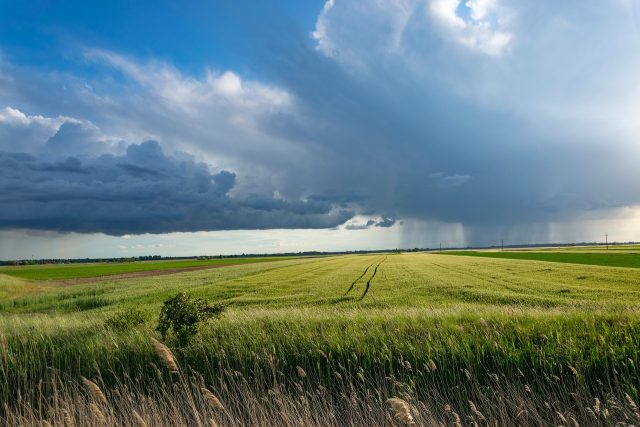
In the context of Christophe Hansen’s confirmation hearing in the European Parliament, the importance of protecting national agricultural products must be brough to the forefront. European farmers face mounting challenges from global competition, fluctuating markets, and stringent environmental regulations. These pressures threaten the viability of local agriculture, making the protection of national agricultural products crucial for food security, economic stability, and the preservation of cultural heritage.
European farmers are increasingly exposed to intense competition from non-EU countries where production costs are lower due to less stringent regulations. This uneven playing field can undermine local producers, making it essential for the EU to implement policies that safeguard national agricultural markets. Protecting national products helps ensure that farmers receive fair prices for their produce, which is critical for sustaining rural economies and preventing the depopulation of agricultural areas.
A strong Common Agricultural Policy (CAP) with a dedicated budget is crucial to supporting Europe’s farmers. Agricultural Commissioner Janusz Wojciechowski has emphasized the need for an independent CAP budget that remains unaffected by unrelated political conditions, such as rule-of-law requirements, which could threaten stable funding for farmers. He argued that merging CAP funds with broader EU budgets would introduce uncertainty, potentially jeopardizing support for farmers amid inflation and other pressures. Similarly, Romanian Agriculture Minister Florin Barbu has advocated for a referendum, on maintaining a separate CAP budget beyond 2027, underscoring the widespread concern that integration with other funds could weaken CAP’s impact.
Protecting national agricultural products is also vital for maintaining high environmental and food safety standards. European farmers are often leaders in sustainable practices, contributing to the EU’s environmental goals under the Green Deal. By prioritizing national products, the EU can ensure that food production adheres to strict environmental and safety standards, reducing the carbon footprint and ensuring a secure food supply chain.
The CAP plays a pivotal role in supporting European agriculture, but it needs to be adapted to address current challenges. Hansen’s commitment to simplifying CAP regulations while fostering innovation and sustainability is a step in the right direction. Strengthening the CAP to focus on protecting national products will help mitigate the risks posed by global competition and ensure the long-term viability of Europe’s agricultural sector.
Ensuring CAP’s status as a dedicated, protected budget is crucial for the resilience of European agriculture. Both Commissioner Wojciechowski and Agriculture Minister Florin Barbu have argued that attempts to integrate CAP funds with broader Eu financial mechanisms could weaken support for farmers by linking essential resources to unrelated policy conditions. In a period marked by inflation and global supply chain disruptions, European farmers need secure and reliable funding to plan, invest in sustainable practices, and meet production standards that align with EU values on environmental stewardship and food safety.
In an era of increasing global competition and environmental challenges, the protection of national agricultural products is not just an economic necessity but a strategic imperative for ensuring the EU’s food security and environmental sustainability. Supporting national agricultural products also reinforces biodiversity and strengthens rural communities. Locally produced food contributes to economic sustainability by fostering shorter supply chains, reducing reliance on imports, and minimizing the environmental impact associated with transportation. This strategy also safeguards Europe’s agricultural heritage, preserving the unique identities of rural areas, where diverse food cultures are integral to European identity and self-sufficiency. By ensuring CAP’s role in sustainability these efforts, the EU can work toward a more resilient and economically viable food system for future generations. As the EU deliberates on the future of its agricultural policies, it must place a strong emphasis on supporting local farmers and preserving the unique agricultural tradition that form the backbone of European culture and economy.



 Subscribe
Subscribe